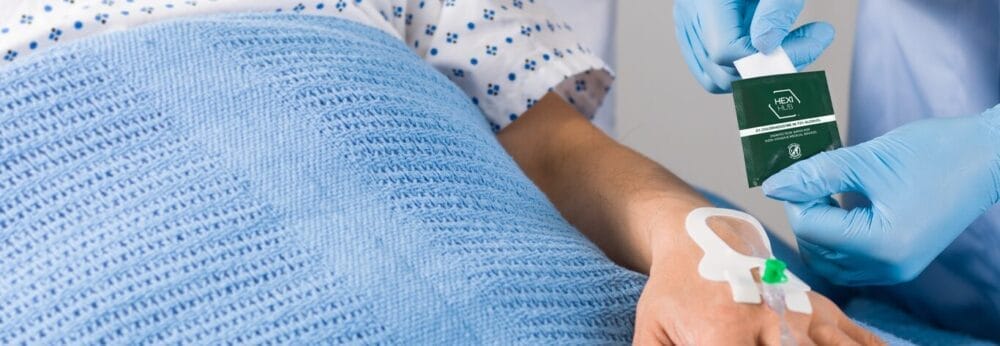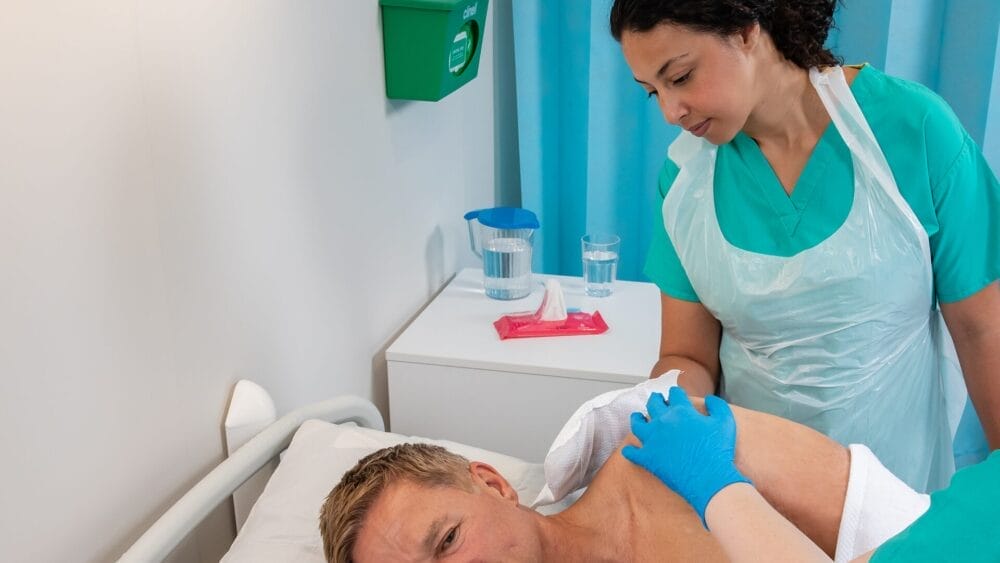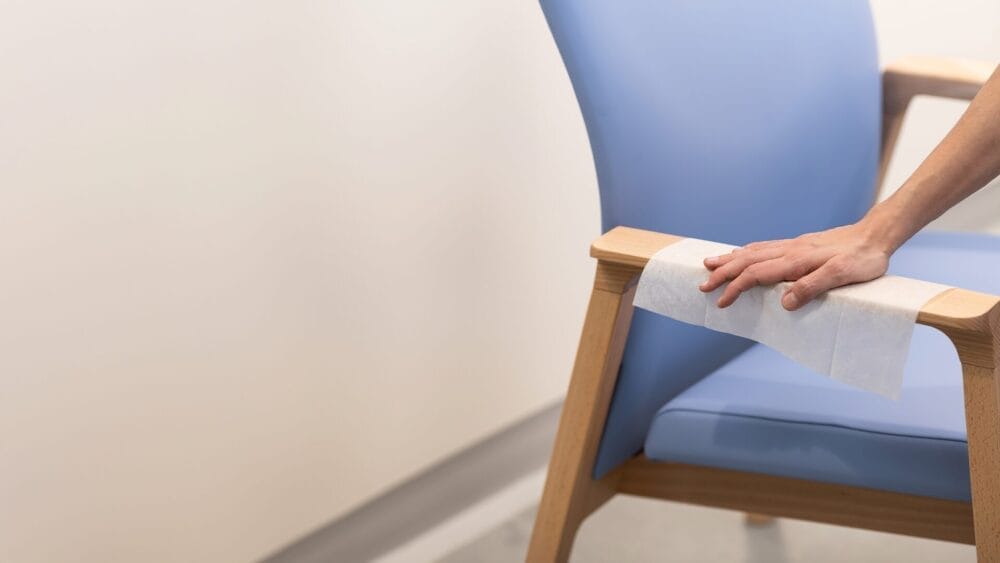Posted
27th October 2022
Events and Exhibitions
It was great to be able to attend the IPS Conference 2022 in Bournemouth. Some of the themes included community care, moving forward from COVID, the importance of hospital design and the built environment, as well as climate change and sustainability.
The E.M Cottrell lecture kicked off the conference with Nurse Consultant for Immunisations at UKHSA, David Green talking about the successes and challenges around vaccines. Somewhat of a hot topic for the last couple of years and continues to be. It was interesting to hear the facts and figures of the successes of vaccines over the years and the catch-up work now being done for those who missed vital childhood vaccines throughout the COVID pandemic.
Understanding health economics of Rediroom
Professor Brett Mitchell delivered an insightful presentation on cost effectiveness of portable isolation rooms, specifically GAMA Healthcare’s Rediroom. Prof. Mitchell explained the modelling tools used in the study in the UK, would result in a mean incremental cost of £5,829 per life year gained (LYG), which is well under the ‘willingness to pay’ £20,000 threshold. LYG is a measure in health economics which expresses the additional number of years of life that a person lives as a result of receiving a treatment.
Related article: The cost-effectiveness of temporary patient isolation rooms in reducing HCAI
98% of healthcare facilities aren’t meeting the WHO strategy on environmental hygiene
Scientific Lead for Clean Hospitals, Alexander Peters and Prof. Didier Pittet discussed work from Clean Hospitals covering the challenges facing healthcare environment hygiene (HEH). The session summarised the results of a pilot healthcare environmental Hygiene Self-Assessment (HEHSAF), which assessed the approaches of over 50 different hospitals in 31 countries to HEH. The headline from the assessment was that 98% of healthcare facilities surveyed lack some, or all 5 components of the WHO multimodal strategy, concluding there is room for focus and improvement on HEH globally.
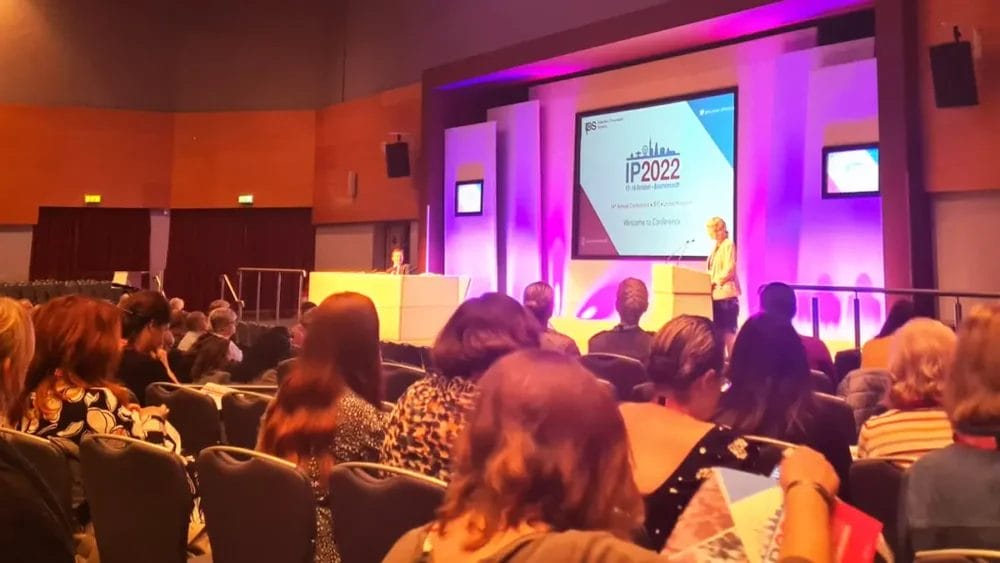
Challenges of surface disinfection, in particular bacterial spores
Day 2 saw Prof. Jean-Yves Maillard deliver the Tina Bradley lecture on “lessons and challenges around surface disinfection”. He discussed the difficulties in removing spores from the environment and the benefits of a true sporicidal disinfectant (spore killing) compared to a sporistatic disinfectant (which inhibits spore germination). A sporicidal disinfectant kills spores, which is more beneficial compared to a sporistatic agent which stops them from germinating at which point they can potentially cause infection at a later date. He referred to the importance of education around appropriate product choice and how to clean training is essential for cleaning to be effective. Prof. Maillard also discussed a study which showed how pre-impregnated antimicrobial wipes were superior to reducing microbial burden in the environment in comparison to cotton cloths dipped in chlorine.
Related article: Disinfectant wipes mop the floor with chlorine solution
Waterless bathing and waterless wards
Independent Microbiological & Decontamination Consultant, Jimmy Walker provided us with a fascinating talk on safe water in healthcare, discussing the challenges and ensuring training and education is key to understanding these challenges and the risks they pose. Efforts to mitigate the ‘splash zone’ were also discussed. Using an example of a sink, the ‘splash zone’ is the zone/area around the sink where contamination can potentially occur from the splash generated when the sink is in use. The talk also touched on some of the work presented at IPS conference last year by Clinical Microbiologist/Medical Director at Radboud University Medical Centre, Joost Hopman, in which intensive care units (ICU) in the Netherlands had implemented waterless wards. In this study by Hopman, a significant reduction in colonisation by Gram-negative bacteria was observed in an ICU which introduced water free care.
Watch our recent webinar: Waterless Bathing: Benefits & Implementation Challenges
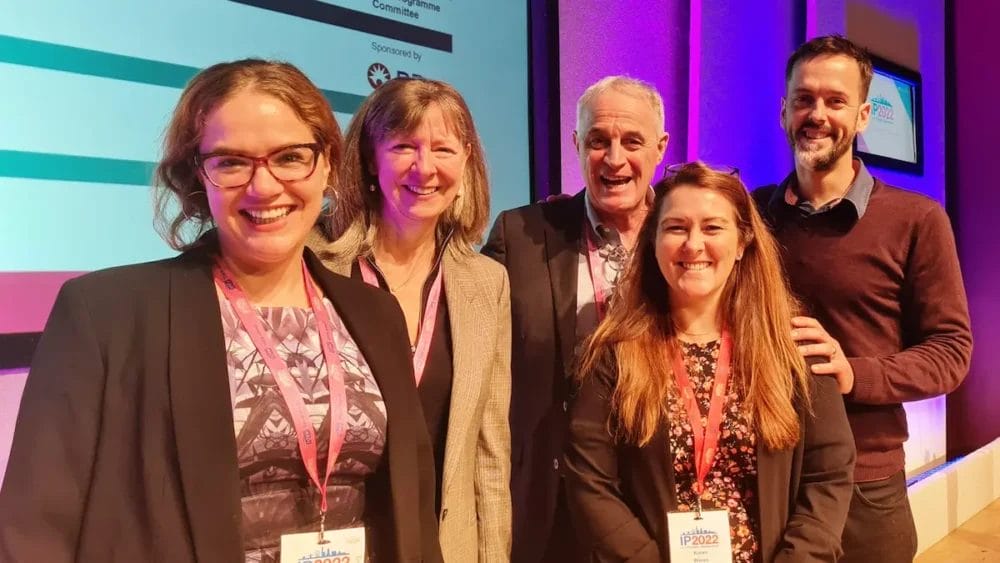
Sustainability in IPC
The IPS debate saw Dr. Jon Otter and Professional Lead Infection Prevention & Control at Royal College of Nursing,Rose Gallagher, tackle the theme of sustainability in IPC. Rose set out the evidence for the motion that IPC was the enemy of sustainability with focuses on recent initiatives. Rose discussed the success of the ‘gloves off’ campaign supported by the Royal College of Nursing and its impact on reducing glove use. Dr. Otter focused on how IPC can be the ‘partner’ of sustainability, focusing on win wins in reducing PPE usage and suggested green strategies are required by IPS moving forward.
Vaccination challenges and pandemic preparedness
Day 3 commenced with the Ayliffe lecture by Sir Jonathon Van Tam. Sir Jonathan spoke about the “Parables of the Pandemic”. It was a fascinating talk discussing some key challenges of the pandemic and advising the government with some very difficult decisions that had to be made. The focus now should be on preparing for future pandemics and that pandemic preparedness is key to enable us to make decisions with the acceptance that limited information may be available.
Mitigating airborne transmission risks
Prof. Tony Fisher spoke about engineering solutions and mitigating airborne transmission risks, commenting how HEPA filters have been employed to mitigate risks where ventilation is suboptimal. Prof. Fisher was keen to point out the significant increase in the number of HEPA filtration devices on the market, emphasising the importance for manufacturers of said devices to verify and validate their results and performance metrics, thus allowing customers to make an informed choice.
Related article: Is the air you breathe as safe as the water you drink?
We are looking forward to IP 2023!
The organisers did a great job with the programme and just as good a job with the extracurricular activities of the Fun Night and Gala Dinner. Many a brave soul took to the dark skies with the zip wire on the fun night and a great night was had by all. We all looked fabulous at the 1920s themed Gala Dinner and awards evening. It was great to see people being rewarded and recognised for their contribution and hard work in the IPS Annual Awards, which saw Executive Director of Infection Prevention and Control at East Kent Hospitals University NHS Foundation Trust, Neil Wigglesworth, awarded the Brendon Moore award, and the Ayliffe lifetime award being awarded to Prof. Didier Pittet. Finally, Jennie Wilson formally handed over the IPS presidency to Lisa Butcher, who takes the role of IPS President for the next 2 years.
We are already looking forward to IP 2023! For more thoughts from IPS Conference 2022, take a read of our recent article, A poster retrospective from Dr Phillip Norville. If you’d like to find out about other events the GAMA Healthcare team has attended, visit our Events and Exhibitions section on our blog.
SHARE THIS ARTICLE
Tags
Latest News
Embracing sustainability and cost savings: The journey of Clinell Indicator Notes to paper-based solutions
At GAMA Healthcare, we’ve always prided ourselves on being at…
Introducing HEXI HUB: A seamless transition in our product line
We’re pleased to announce an update to our product offering…
Innovative solutions for tackling Carbapenemase-producing Enterobacteriaceae (CPE) at King’s College Hospitals
King’s College Hospital NHS Foundation Trust, one of London’s largest…
Gloves Off: reducing unnecessary plastic waste during environmental cleaning and disinfection
In this blog, Dr Phil Norville discusses the momentum-gaining ‘Gloves…




